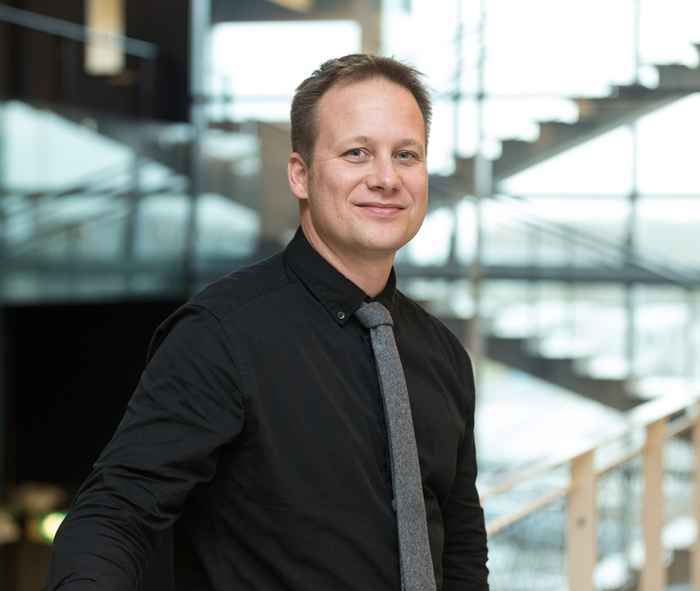Managing data, accelerating research and solving real-world problems
20 April 2023

Can you give us an introduction to what you do?
I’m a professor of data science, and I wear multiple different hats. I lead the INDELab, where we apply AI to the problems of how people work with data. Concretely that means things like: how do we automatically build great quality datasets from various sources, including text and structured data, or even images and videos? Another focus area is data management for machine learning: researching how we can help data scientists or AI engineers make their machine learning better. Things like: how do we check the quality of data? How do we help people debug their data science or AI pipelines? With another hat on, I’m co-scientific director of two ICAI labs [Innovation Center for Artificial Intelligence]. The AIRLab, in partnership with Ahold-Delhaize, and the Discovery Lab with Elsevier.
I’m also scientific director of the University of Amsterdam’s data science centre. That’s a really exciting thing – it’s designed to help us use data science or AI techniques to accelerate our research in all the faculties. Whether you’re in the humanities or law or life sciences, we ask: how do we make our research better, faster, higher quality, by injecting AI and data throughout all of it? I also teach in our information studies programme.
Read the entire interview on the Amsterdam Science Park website.